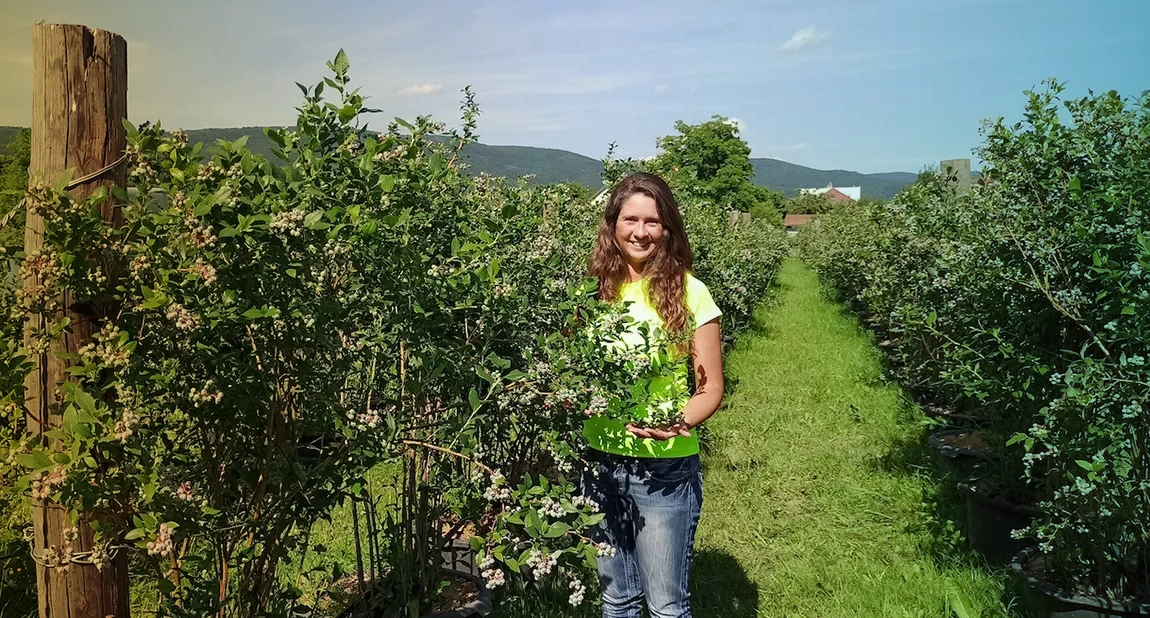Currently, the demand for raw materials and certain foods and vegetation is increasing, but the supply is limited. The solution in form of pesticides has many side effects on the soil and human health. Therefore, ensuring sufficient growth and preventing side effects is a priority for ekolive.
ekolive’s fight against pollution
The principal operating unit of the startup is bacteria that leach minerals in a bioleaching process. The leaching by bacteria occurs in a facility of the startup from where potions of biostimulants are taken and used. Bioleaching extracts minerals, raw materials, heavy metals, various substances, and liquids from the soil.
One of the exemplary problems that ekolive stresses is the global sand crisis and the need to increase the quality of silica sand sources. Silica sand, which is used to make glass and ceramics, is expensive to transport, and its alternatives do not seem to stand out. Nonetheless, bioleaching can turn regular sand found almost everywhere into clean sand suitable for production, e.g. of white glass. How? In order to remove the metals it contains, it is placed into the bioleaching solution and, after 2-3 weeks, can be extracted and successfully used; the bacteria and their metabolites then have removed the organic and inorganic impurities.
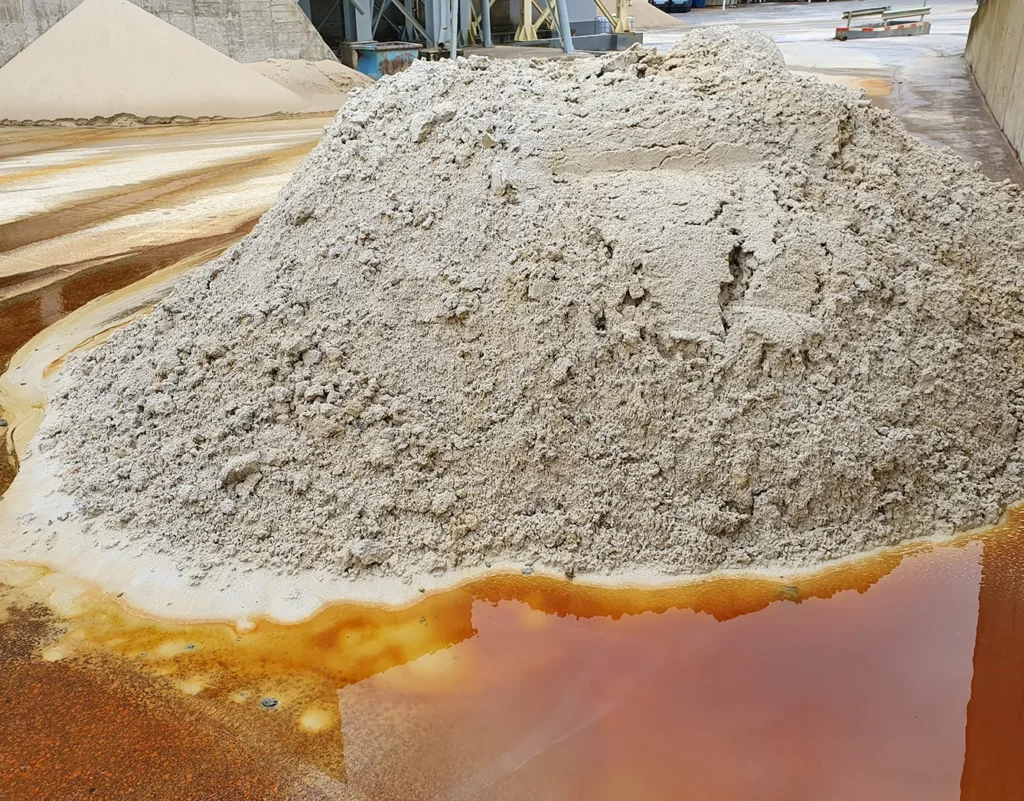
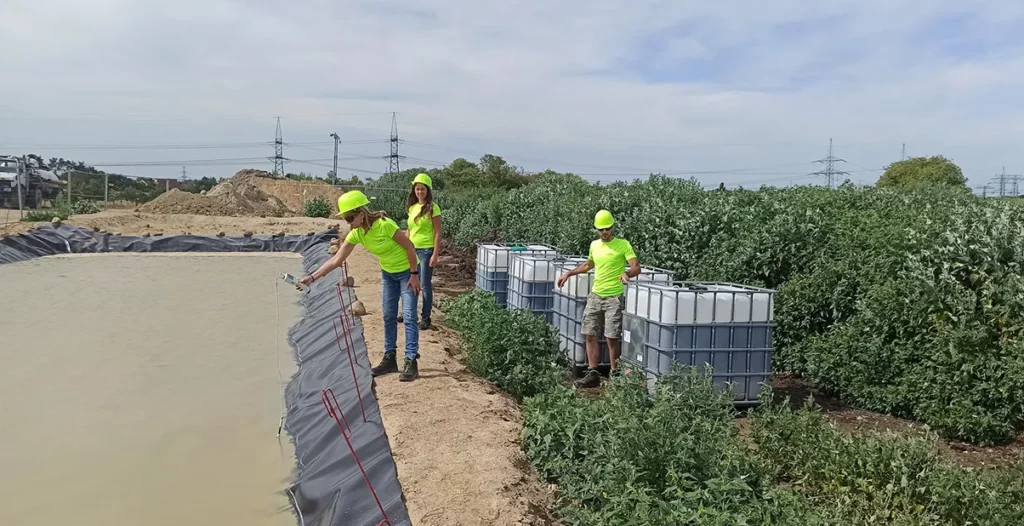
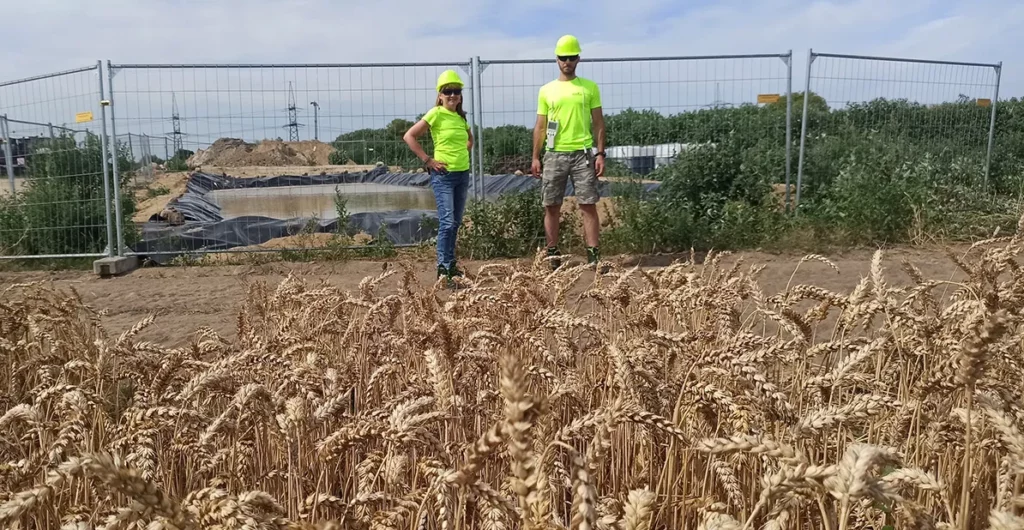
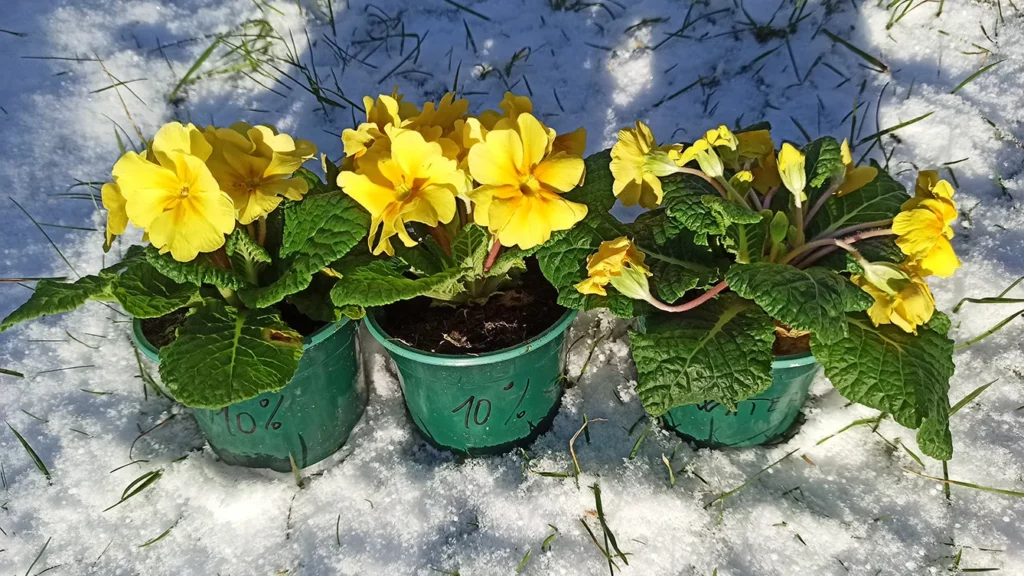
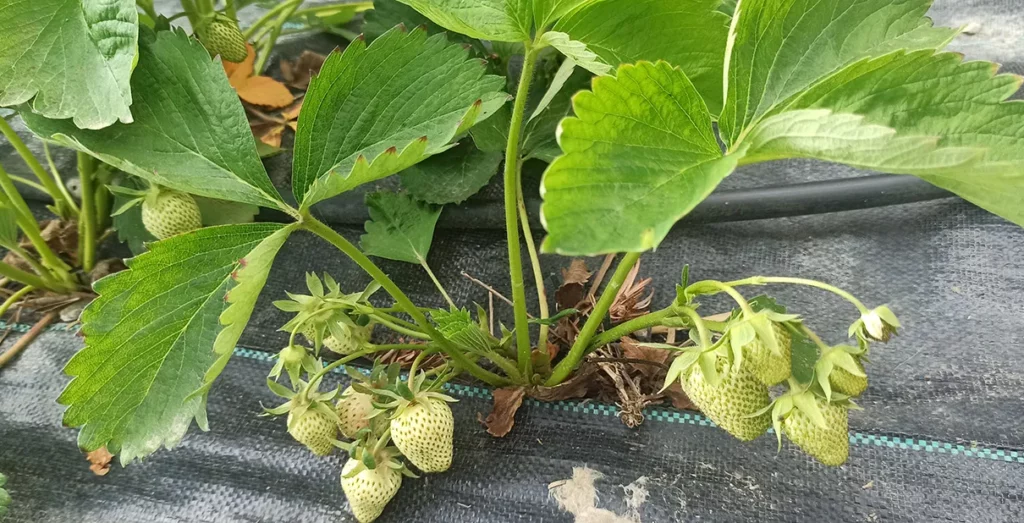
Another fascinating effect of this kind of bioleaching is the production of biostimulants which increase plant growth and health once the liquid is poured into the soil or sprayed on the leaves. It is claimed that plants and yield grow as much as four times in size and mass.
Why is ekolive’s work important?
The versatile range of tasks that the bacteria can perform is to be viewed within the efforts of the startup to resolve and address two main issues. First, the increase in the effectiveness of growth is to prevent major food shortages as a result of the growing world population, which is still on the rise. Second, the current way in which many of the raw materials are extracted causes environmental damage. Whilst, on the one hand, ekolive can increase the quality of raw material, such as with silica sand, on the other hand, the bacteria can be used to eliminate hazardous side incriminations. In particular, bacteria are able to turn solid iron, magnesium, or carbon and others into liquid substances. If the hazard is liquid, it can help evaporate it.
Especially in countries of the 3-Seas Initiative, where heavy industry still accounts for a significant segment of the GDP, there are many places where bioleaching can be of great use. For example, dangerous PCB substances are found in Eastern Slovakia in the so-called ‘triangle of death,’ where past industrial activity has resulted in severe environmental damage. The solution offered by ekolive would turn these substances into oxygen and, to a much lower extent, carbon dioxide, stated the CEO Darina Štyriaková.
Who stands behind ekolive?
The startup was founded in 2018 in the city of Košice. The CEO and founder aimed to combine her expertise and passion in raw material extraction, which she attributes to her mother’s breakthrough research, with entrepreneurship skills. Back in 2018, the bacterial bioleaching of raw material was performed solely in laboratories, with ekolive involved in one such tests in Slovakia and Slovenia. After the extraction turned out to be a success, ekolive started to commercialize the service aimed at specific causes. The company currently employs approximately ten people and has seen four major investments.
The CEO admitted that implementing the product in heavy industries is a long-term challenge. Introducing new technology can be difficult due to the conservative practices common to the sector. Nevertheless, as there is a push for environmentally friendly solutions and carbon neutrality, efforts such as these will be more than needed to reach the promised levels of sustainability. ekolive won the prestigious BASF Innovation Hub Competition last year, whose agenda is related to innovations in the Farm to Fork Strategy of the European Union, which demonstrates the high relevance of these products to the needed solutions.


